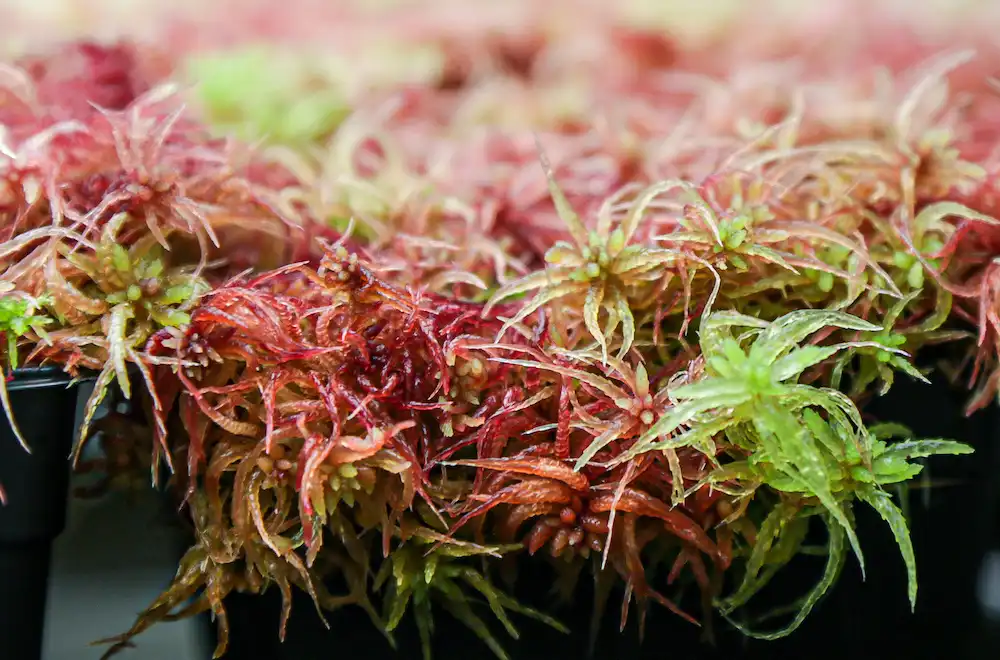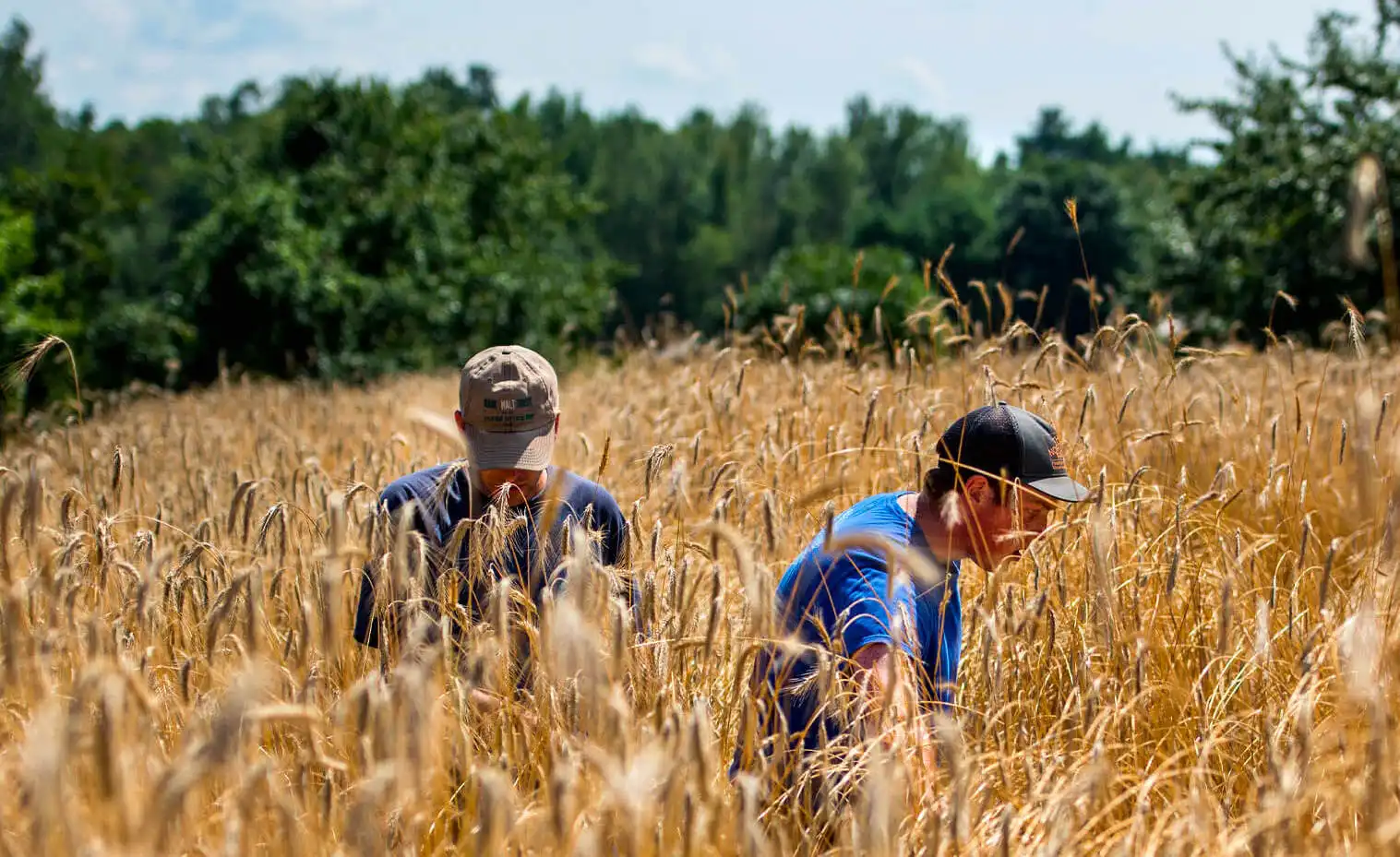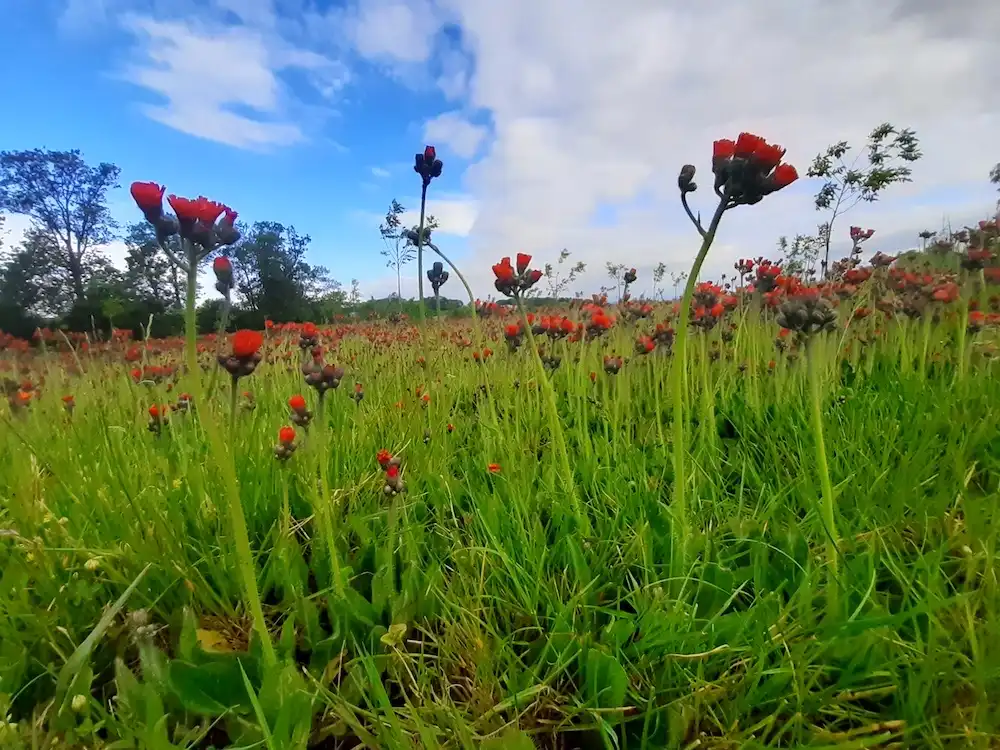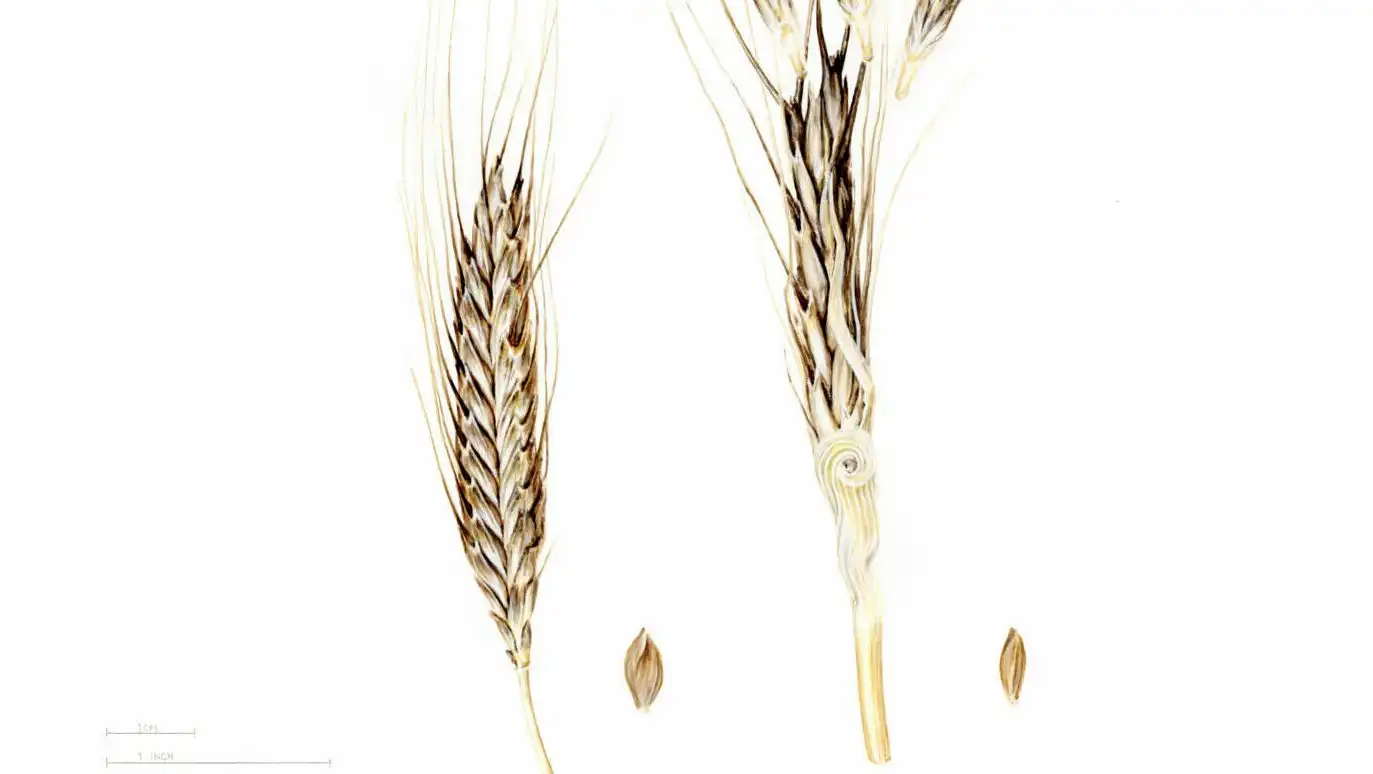
An international team of scientists has created a tool that can aid in increasing climate awareness and climate action globally by highlighting messaging themes shown to be effective through experimental research.

An international team of scientists has created a tool that can aid in increasing climate awareness and climate action globally by highlighting messaging themes shown to be effective through experimental research.

A research team has tested six psychological interventions to combat climate misinformation. It shows how difficult it is to combat these messages, which are resistant to scientific information.

COP28 in Dubai marks a pivotal moment in human history as unprecedented environmental challenges demand urgent collective action. Key focuses include the critical transition from fossil fuels to renewable energy, the operationalization of climate funds for vulnerable nations, addressing the $3 trillion climate financing gap, and tackling methane emissions and food systems. The summit is crucial for shaping a sustainable future and ensuring the world meets climate goals.

Satellite data reveals a significant cooling impact of vegetation on land surface temperature in the Arabian Peninsula. The study underscores the potential of greening dry areas to mitigate heat stress. The balance between increased evapotranspiration and reduced albedo determines outcomes, emphasizing the need for sustainable water management in climate change adaptation.

Sphagnum divinum, a resilient type of peat moss, is actively evolving in response to hot, dry conditions, defying climate threats. Researchers developed a database with S. divinum’s proteins and a method to determine their functions, shedding light on its adaptive mechanisms. As environmental stressors deplete peatland carbon reserves, understanding genetic resilience becomes crucial. Using high-performance computing and AI, the team predicted structures for S. divinum’s 25,134 proteins, revealing insights into their functions. The findings advance climate resilience understanding and support future research on Sphagnum moss compounds.

As climate change intensifies, societal and individual struggles to adapt become more apparent. To explore cultural adaptation, researchers conducted the first study of its kind. Analyzing U.S. crop data over 14 years, they applied the science of cultural evolution. Their findings reveal farmers adapting to climate change in some regions, while in others, crops are increasingly mismatched. This first cultural approach marks a milestone in refining climate adaptation strategies.

As climate change progresses, the chance of southern plant species spreading to northern regions increases. In Europe and America, many of the alien plant species come from their own continent. They usually originate in warmer regions closer to the equator—a phenomenon that could be exacerbated by climate change.

Despite strong promotion of green growth perspective by a variety of policymakers and international institutions, a new article reveals widespread scepticism among climate policy researchers in high-income countries.

Researchers have identified sesquiterpenes – gaseous hydrocarbons that are released by plants – as being a major factor in cloud formation. This finding could reduce uncertainties in climate models and help make more accurate predictions.

A first complete genome map of einkorn reveals evolutionary origins and potential for enhanced wheat breeding. It could help farmers and crop breeders to develop bread wheat varieties with enhanced disease resistance, higher yields and improved hardiness.